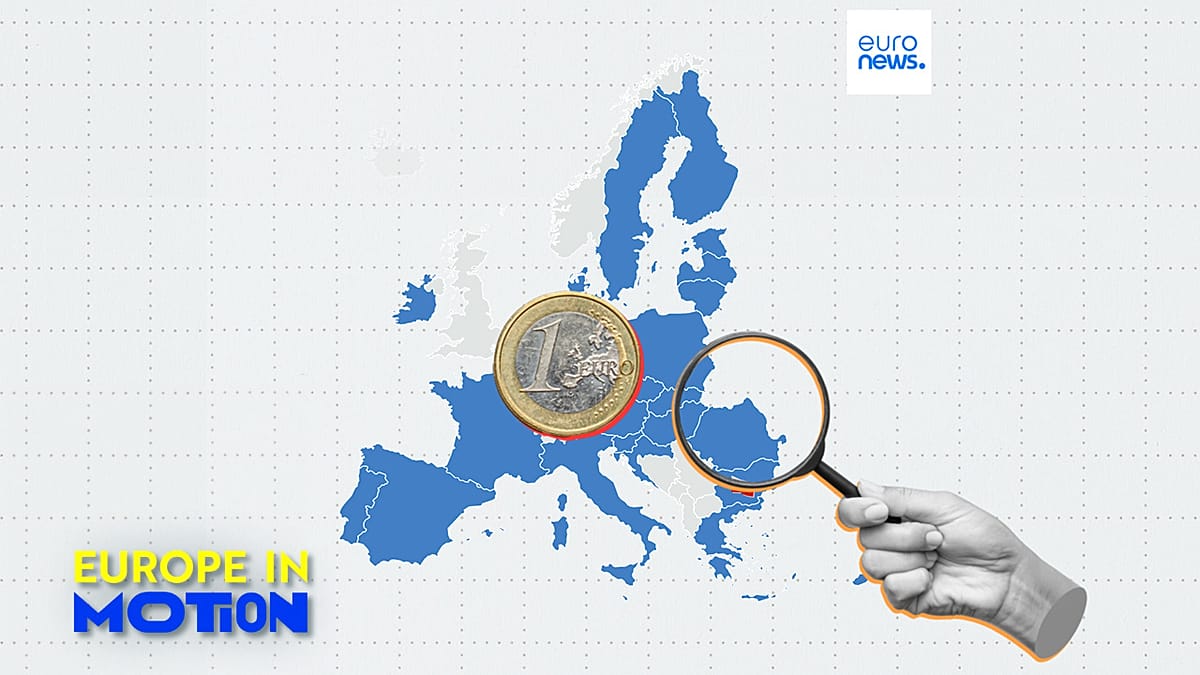
Published on
The European Parliament approved on Tuesday a legal action against the Commission over the withdrawal of a proposal on high-tech patents meant to help small and medium-sized enterprises negotiate with tech giants.
A total of 334 MEPs were in favour of the legal action, mainly from left-wing political groups, while 294 voted against and 11 abstained. The matter will be referred to the EU Court of Justice, which oversees the inter-institutional issues.
The legal action concerns a proposalto reform standard-essential patents (SEPs) put forward by the European Commission in 2023 and withdrawn two years later.
The proposal aimed to reform the SEP process in the EU countries, which covers patents on technologies such as 5G, LTE, and Wi-Fi.
Currently, the owners of these patents are required to license their technologies to other companies on fair, reasonable and non-discriminatory terms.
The Commission proposed to increase transparency and facilitate the negotiations by putting the European Union Intellectual Property Office (EUIPO) in charge of the matter.
This move would have helped small and medium enterprises to negotiate with tech giants such as Nokia, Ericsson, and Qualcomm, expertsand lawmakers claim.
According to the Commission, the proposal was eventually withdrawn “due to no foreseeable agreement”, as it had “substantial economic implications”.
This decision was taken despite the Commission acknowledging the current system continues to impede innovation and diminishes the benefits of interoperability for European consumers.
‘Action crucial for European economy’
The Parliament’s Committee on Legal Affairs tabled a request for legal action against the Commission, drafted by the German MEP Marion Walsmann (EPP).
“Given the importance of standard essential patents to EU companies, especially SMEs, this action is crucial for the European economy, which is why the legal challenge is necessary,” Walsmann told Euronews in a statement.
Walsmann also said that the legal challenge would seek to clarify whether the Commission could dismiss legislation while it is under discussion in Parliament and the member states. “The goal here is to defend Parliament’s status as an equal co-legislator and foster reliable institutional relations”, she said.
A legal challenge before the EU Court of Justice can be brought at any time if one of the EU institutions considers that another body is not complying with EU law.
This is not the first time the Parliament has sued the Commission.
In 2020, the Parliament initiated legal action claiming that the Commission should have applied a reciprocity mechanism and suspended the visa exemption for US nationals, as Washington had done for Bulgarian, Croatian, Cypriot, and Romanian nationals. The EU Court of Justice dismissedthe request.
The Parliament has also brought two actions against the Council for failure to act in the 1980s, according to Parliament’s press officers.









